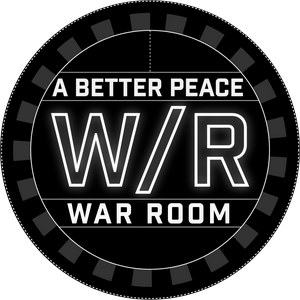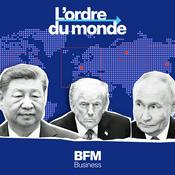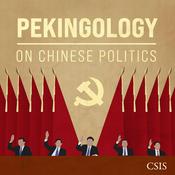449 episodios
- How did a divided Germany become a pillar of stability? Host Jadwiga Biskupska sits down with Ron Granieri to discuss his book, Adenauer’s Heirs. They explore how the CDU/CSU anchored Germany to the West, proving modern debates on European unity are rooted in the Cold War.
- Carol Stauffer, USARPAC G2, joins host Tom Spahr to explore Theater Army intel in the Indo-Pacific. They discuss the shift from "kill chains" to a "kill mesh" & how human relationships maintain deterrence across 35 nations
https://warroom.armywarcollege.edu/podcasts/data-deterrence-diplomacy - Nuclear ops are back in the wartime vernacular. Jeremiah Aeschleman joins host Tom Spahr to discuss why military ldrs must move past the "ENDEX mindset" & prepare the joint force for the reality of fighting & winning on a nuclear-armed battlefield.
https://warroom.armywarcollege.edu/podcasts/nuclear-normalcy
Más podcasts de Gobierno
Podcasts a la moda de Gobierno
Acerca de A Better Peace: The War Room Podcast
This is the podcast of WAR ROOM, the official online journal of the U.S. Army War College. Join us for provocative discussions about U.S. national security and defense, featuring prominent national security and military professionals.
Sitio web del podcastEscucha A Better Peace: The War Room Podcast, No es el fin del mundo y muchos más podcasts de todo el mundo con la aplicación de radio.net

Descarga la app gratuita: radio.net
- Añadir radios y podcasts a favoritos
- Transmisión por Wi-Fi y Bluetooth
- Carplay & Android Auto compatible
- Muchas otras funciones de la app
Descarga la app gratuita: radio.net
- Añadir radios y podcasts a favoritos
- Transmisión por Wi-Fi y Bluetooth
- Carplay & Android Auto compatible
- Muchas otras funciones de la app


A Better Peace: The War Room Podcast
Escanea el código,
Descarga la app,
Escucha.
Descarga la app,
Escucha.

























